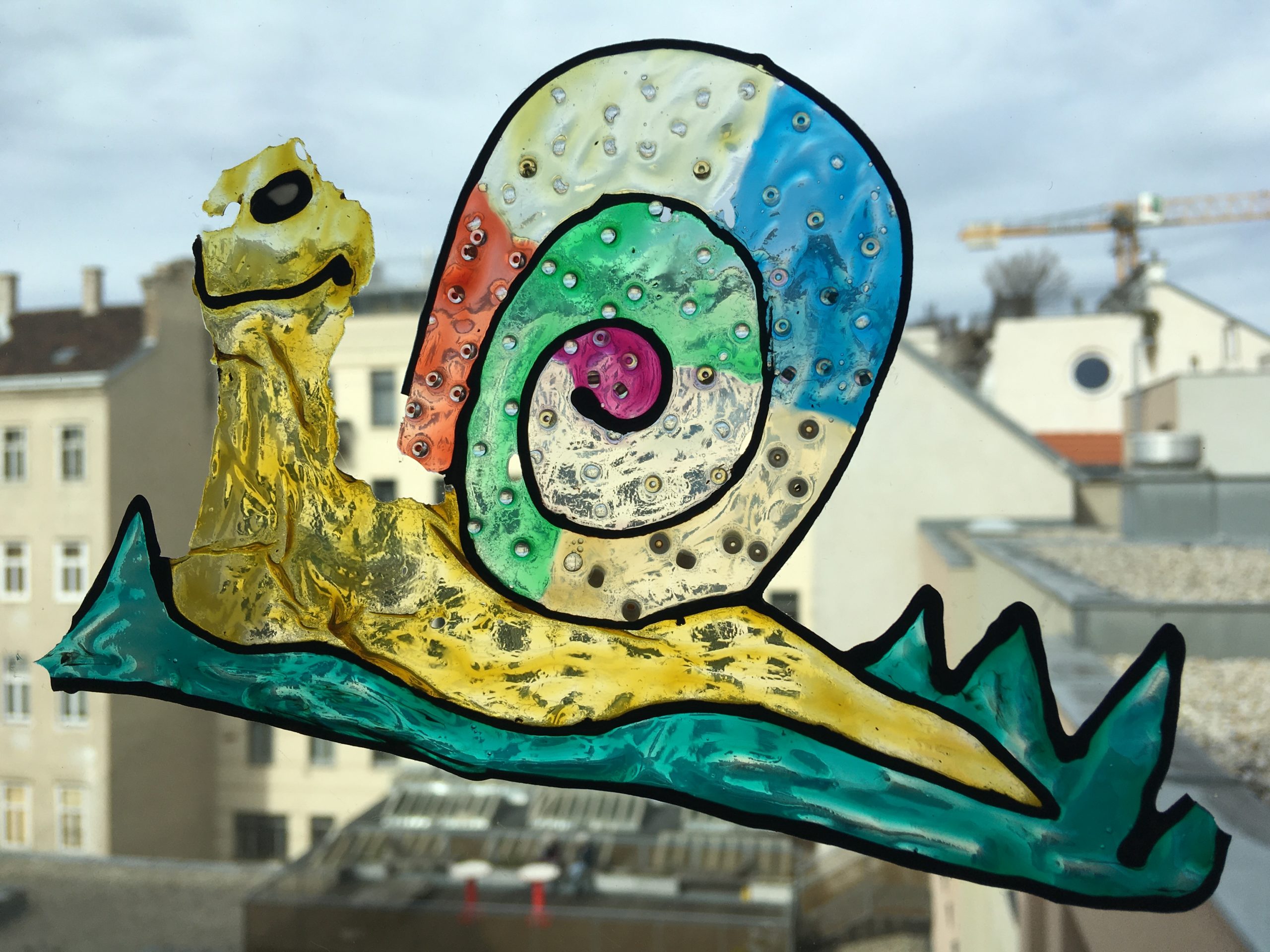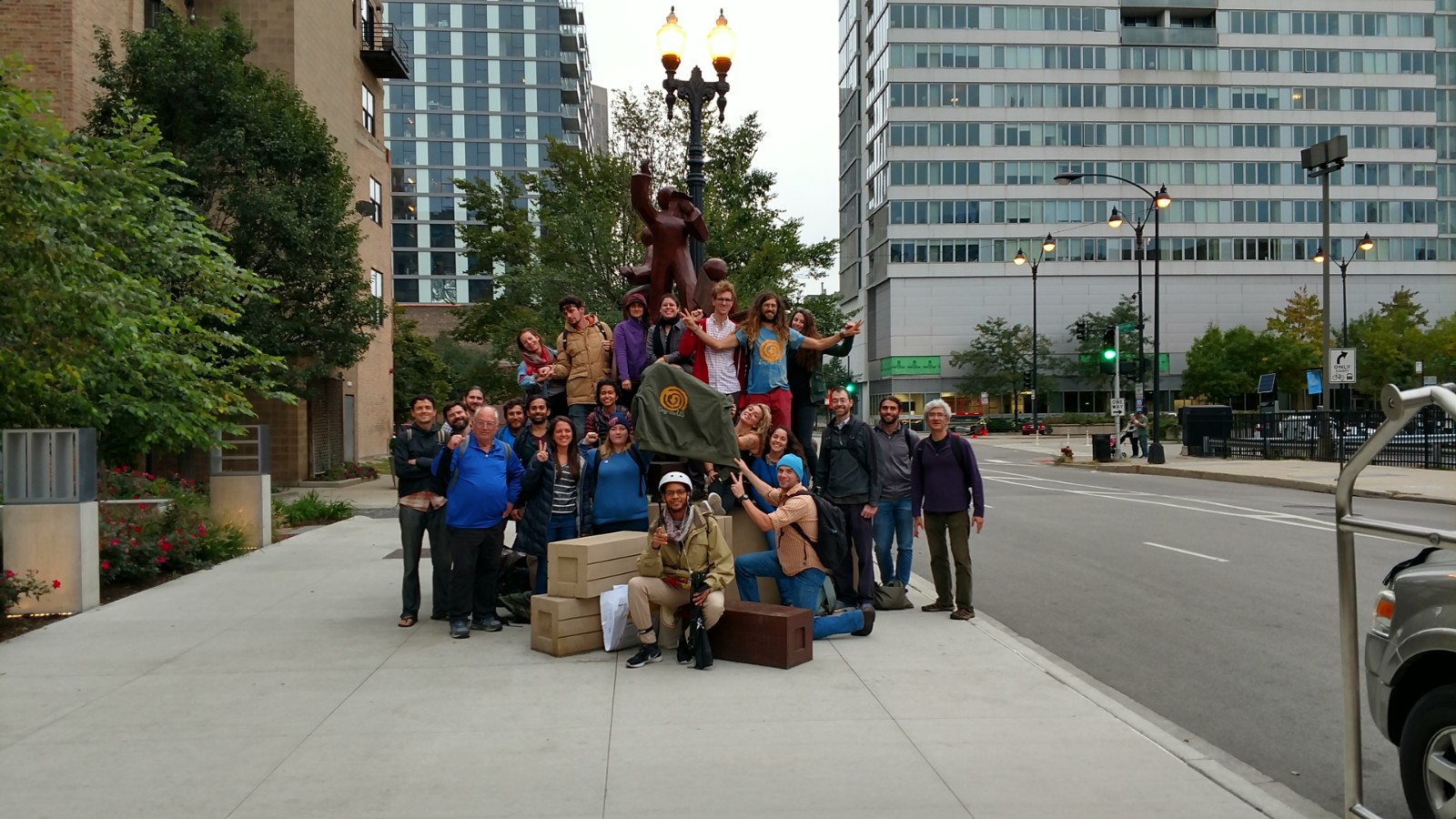Cities Beyond Growth is a six-week online course that invites you to reimagine urban life through the lens of post-growth thinking, an approach that recognises that more GDP doesn’t always mean better lives, especially when it comes at the cost of social equity and ecological survival.
This course is for activists, policymakers, planners, researchers, and all those committed to building cities that prioritise justice, care, and ecological balance.
Date: 8 October 2025 – 12 November 2025
Location: Moodle/ZOOM
Register and find more information here
As cities around the world face deepening inequality, intersecting ecological crises, housing precarity, and care systems stretched to their limits, it has become increasingly clear that business-as-usual approaches are no longer viable. At the same time, cities remain fertile ground for bold and systemic transformation.
Cities Beyond Growth is a six-week online course that invites participants to critically engage with post-growth urbanism, an approach that challenges the dominance of GDP growth as a measure of progress and instead centers ecological sustainability, social justice, and collective wellbeing.
Each week, we examine a key domain of urban life including housing, mobility, energy, digitalisation, food, democracy, and care, and ask:
How can essential urban systems be reimagined to serve people and planet, rather than profit and accumulation?
Through real-world examples, policy experimentation, and grounded community practice, the course offers both analytical tools and practical inspiration for those working to reshape cities from below and above.

Degrowth imagines a radically different future, which is why so many have connected to its message. But it is a future which seems very distant from today’s political, economic and social system. So what does it mean, in practical terms, to organize towards a degrowth future in a highly commodified and competitive present? Fundraising for degrowth I have been coordinating the fundraising ...

Degrowth addresses the negative consequences of consumerism (psychological stress, long working hours and positional competition) and discusses the benefits of frugal lifestyles. Henri Lefebvre, a French philosopher from the 20th century, argues that if ideas or values are not physically implemented in space, they become mere fantasies. As such, if degrowth wishes to prevail, it has to leave it...

“When you told your friends and family you were going to a degrowth gathering, they asked, ‘What is degrowth?’ How did you respond?” The 2018 degrowUS gathering from September 28-30 2018 in Chicago began with this question. The first day’s thirty-odd attendees wrote their responses on sticky notes as they scraped the last bites of lunch off the dishes the event’s organizers had told them to ...